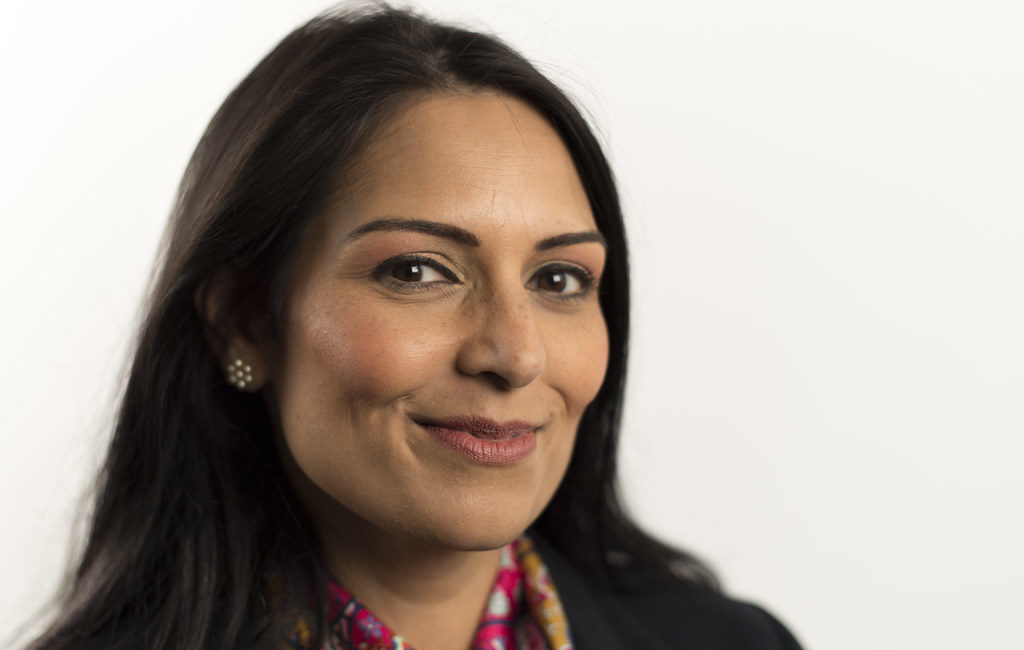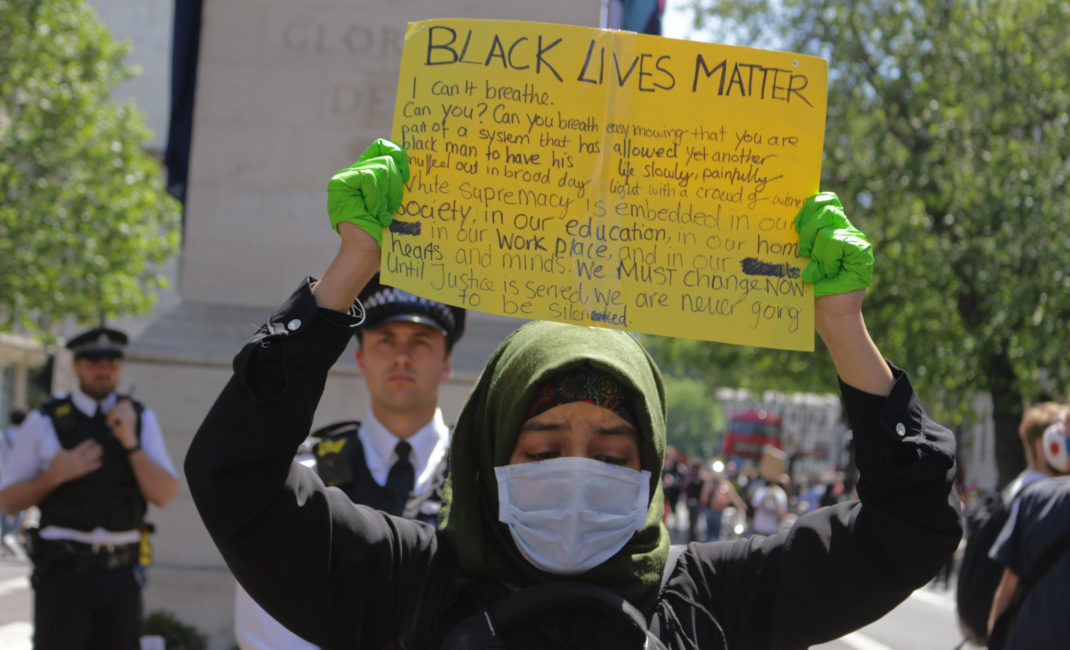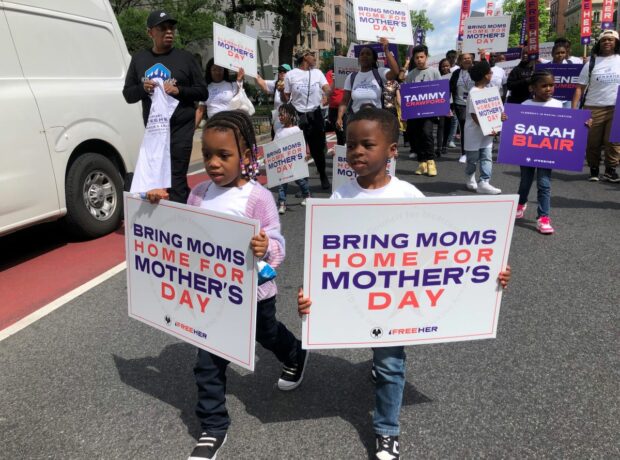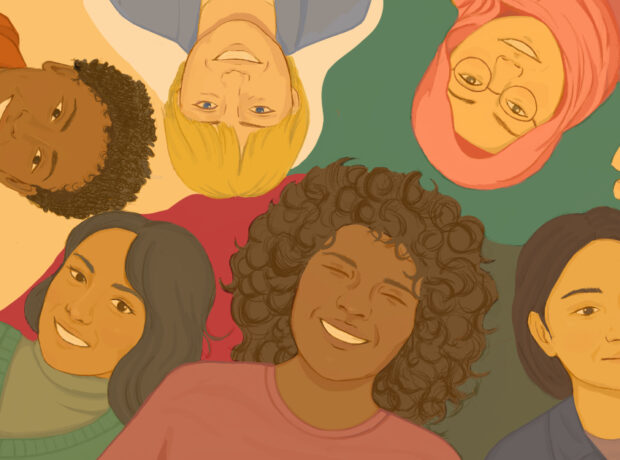As the Black Lives Matter movement gains momentum, what can non-Black people of colour do to address their own colourism and racial bias? Deenah al-Aqsa says now is the time to amplify Black voices.
In recent weeks, the Black Lives Matter movement has been gaining momentum, not just in America where the protests originated, but around the world. The UK is no exception, with an outpouring of support for Black Lives Matter ranging from John Boyega’s heart-wrenching speech in Hyde Park to novices to the activist world successfully leading their first ever protest in St Albans. It’s long overdue, and we are finally starting to have sustained, nuanced conversations about race, privilege and specifically anti-Blackness in mainstream media. The difference in how racism is experienced by non-Black people of colour has been commented on, particularly with regards to those of Desi descent (meaning of the Indian subcontinent).
As a Desi myself, and therefore a person of colour, I welcome the opportunity to dismantle the systemic racism rife in the UK. But that has to start at home for it to make a meaningful impact. And for Desis, that means this is a time for us to take a step back, examine and challenge our own racial biases – because, believe me, we all have them, myself included.
One person who doesn’t welcome such conversations, though, is one of the most powerful Desi people in the UK: Home Secretary Priti Patel. Most people familiar with conversations about privilege know that the last thing you want to do when talking about a marginalised group is to make it about yourself instead. Priti Patel did just that recently, when she spoke in Parliament, appearing to take personal offence to MP Flo Eshalomi’s suggestion that she did not understand anti-Black racism. Rather petulantly, Patel said she would not “take lectures from the other side of the House” on these issues. She then proceeded to recount some of her own experiences of racism, apparently failing to see that this did nothing to even acknowledge the pain caused to the Black community that is fuelling these protests.

When discussing racism, Home Secretary Priti Patel said she would not “take lectures from the other side of the House”.
There is much that is wrong with what she said, but firstly I want to note that her fellow BAME colleagues wrote a letter objecting vehemently to Patel’s remarks. They objected specifically to the way she – like so many others who hold non-Black privilege, including people of colour – made this about her own experiences. Whether she fell into this trap with good intent, or knew full well how harmful her words were, we may never know. But what we do know is that she ignored and refused to acknowledge the much wider, systemic issue of -Blackness that Eshalomi referred to.
In fact, if she wanted to, recounting her personal experiences could in theory be used as a show of solidarity with other communities of colour. But solidarity requires sensitivity and understanding. Solidarity also requires empathy, which is only possible if we are willing to listen in the first place. And solidarity was the opposite of what Priti Patel appeared to be trying to achieve, in treating racism like a point-scoring exercise and speaking over what is universally acknowledged as a Black issue first.
What she failed to realise is that if anyone in Parliament needed a lecture on racism, it would be Priti Patel herself.
I don’t dispute that she was called a “Paki” in the playground, or that she felt her name was too foreign or ethnic for her professional career – on the contrary, to play at her own game, I know exactly what that’s like. But her bringing her experiences to the forefront and pushing Black issues to the back of the line yet again did nothing to help. Coupled with her position of significant political power as Home Secretary, Patel’s personal experiences did nothing to counter or even attempt to mitigate Eshalomi’s point, which was to draw attention to a deeply entrenched problem in the racist-by-default infrastructure of society and politics.
Patel also did nothing to defend her complicity in enforcing structural racism through her political power as Home Secretary. Most significantly, not even a year ago, she justified expanding police powers by claiming “stop and search works”. Worse still, in an article announcing this expansion, Patel did not address the policy’s past failings or issues, or even mention the word “race”, a major shortcoming that has not aged well. It was Patel who championed a policy that was almost ten times more likely to target Black people than their white counterparts. It was a spokesperson from Patel’s Home Office who skirted around the issue of race when asked about its role in stop and search.
And it was and still is Priti Patel who has a great deal to learn about racism, tolerance and social justice. She could, in fact, learn a lot from the Black MPs on the other side of the House, particularly when it comes to covert racism, like Dawn Butler being mistaken for a cleaner in Westminster, Flo Eshalomi constantly being mistaken for other Black MPs and as far back as 2012, Diane Abbott having to apologise for a tweet that was criticised for being racist against white people.

Taken at the George Floyd Black Lives Matter protest in central London on May 31 2020 – by Steve Eason.
But as far as blame goes, Patel is far from the only culprit. As a community, we desperately need to have a conversation about the prevalence of anti-Blackness in Desi culture, because it doesn’t get talked about enough. Anti-Blackness and colourism are systemic and ingrained in our culture and have been for as long as I can remember. As a child I was warned by my parents not to play in the nearby playground if there were Black people there. Dutifully, I listened to my mother, not questioning why until my area began to diversify in the middle of primary school, and I found that the Black children weren’t hooligans or troublemakers but just that – children, the same as I was. Yet it didn’t matter that I came to that realisation, because the damage had already been done and they were in the “other” box in my head. And to this day I am still doing my utmost to reject and unlearn the anti-Blackness ingrained in so much of my heritage.
I hail from Bangladesh, a country that is the furthest possible thing from being homogenous. I don’t just mean our skin tones, which vary across the country. The variations in how we speak, the way we dress and cook and write, and our religious traditions, are disparate depending on where you are on the map. That richness in culture is why I still call Bangladesh “back home”, even though I haven’t been there in a long time. But what threatens to render those riches and nostalgia practically worthless is the way we as a community view dark skin – and by extension, the entire race of Black people.

Priyanka Chopra faced criticism for protesting racism after promoting skin-lightening cream – from Flickr.
I’ve watched as Priyanka Chopra and countless others in Bollywood modelled skin lightening cream in the past, and now scramble to protest racism. I’ve seen family members fall over themselves in envy of light-skinned Bengalis, whose skin was deemed to be “clean”. Meanwhile dark-skinned Bengalis were the butts of endless jokes, of being the last marriage choice, who try to scrub off their darkness like it is something dirty to be ashamed of. This may sound hyperbolic, but when describing someone dark-skinned in Bengali, it literally translates into having “dirty” or “muddy” skin.
This isn’t exclusive to the Bengali culture. This sentiment of colourism and anti-Blackness is something that people from the Indian subcontinent are guilty of collectively. Hasan Minhaj, who is Indian, addressed this too, in his Netflix show Patriot Act. He discussed the way Desi anti-Blackness means we are guilty of covert racism too, which is why bringing home a Black partner in a standard Desi household can get you thrown out of the house.
For me, it doesn’t make much sense for a community that has experienced being othered, to then do the same to another community. But when these things are embedded into the very language we speak, it’s unsurprising that Desi culture is loaded with anti-Blackness. Intentional or not, t’s no wonder Desi politicians with power, like Priti Patel, fail to acknowledge the hurt and downright oppression that is fuelling protests today.
None of this is an easy conversation to have. If it was easy, we would have had it years ago. And for Belly Mujinga, for Shukri Abdi, even for George Floyd whose death was the cataclysmic event that started these protests – arguably now is too late, because they are no longer with us, and racism was the weapon that killed them.
But frankly, it would be an insult to their memories and the families still searching for justice for us to do what is easy instead of doing what is right. And right now, the Desi community needs to look beyond the woman who supposedly diversifies the Cabinet, because she doesn’t speak for us. She has made it quite clear that when it comes to racism, she speaks only for herself.
The rest of us, though, should be willing to do the work, to unlearn the deep-rooted anti-Blackness in the Desi culture. And it will be a struggle, especially in challenging friends and family. But if ever there was something worth fighting for, it’s this movement. And our role is to stand in solidarity with the Black community, to educate ourselves, to listen to Black voices, and amplify them where we can, ensuring they are front and centre of this conversation.



